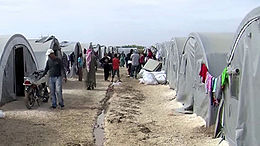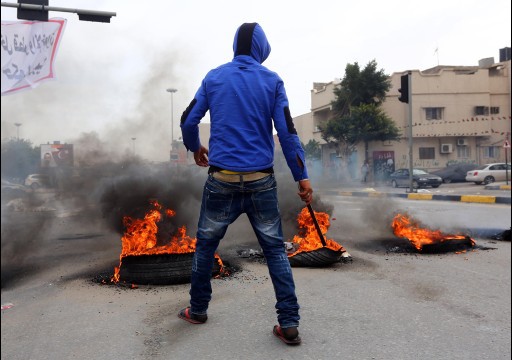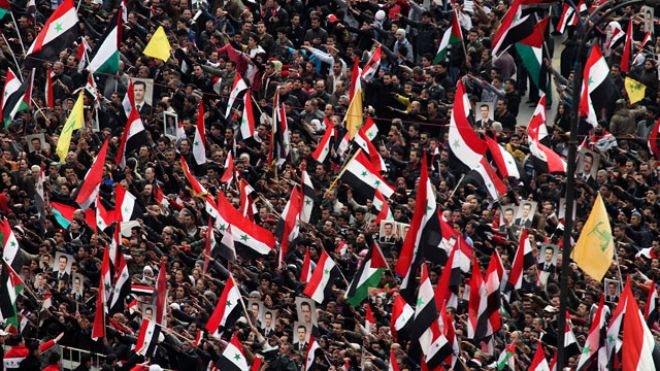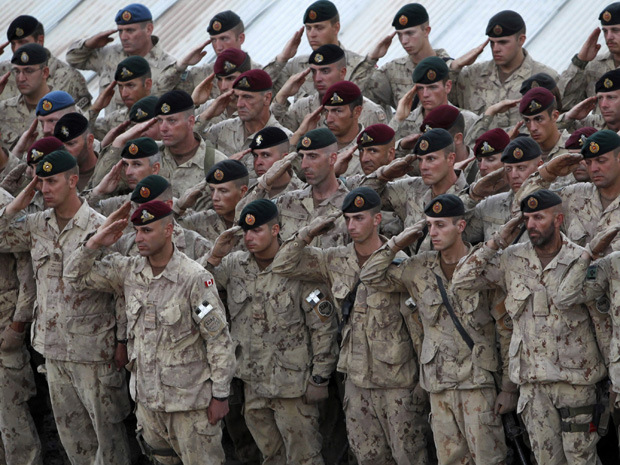Syrian refugees may be free from the violence that has torn apart their country, but now face other struggles. The UN Refugee Agency recently released a report called Living in the Shadows which revealed one in six Syrian refugees in Jordan are living in extreme poverty and that a household has to live on less than $40 USD a month. The study contains more than half a million interviews of Syrian refugees living outside of refugee camps in urban or rural areas. They warn that conditions will worsen without the help of the international community.
The struggles of Syrian refugees are not limited to Jordan. 95% of the 3 million registered Syrian refugee population have sought refuge in Jordan, Turkey, Iraq and Egypt. These countries are not capable of housing all of these refugees as it is straining their resources. Lebanon currently accommodates more than a million Syrian refugees, which has increased the country’s population by 25%. With this drastic increase, Lebanon is beginning to enforce stricter rules for entry. Initially, Lebanon was welcoming to the refugees, but as the conflict continues their kindness is turning into bitterness. Discrimination and attacks against refugees are becoming more common. The main factor that has led to this is the burden placed on Lebanon’s economy as rents and unemployment are high. Similar incidents are happening in Egypt and Turkey.
The UN is asking the international community to help with this crisis, and many countries have increased their admittance of Syrian refugees. Sweden has given residency to 30, 000 Syrians, while Germany has admitted 6,000 and promised to allow a further 20,000. Canada stated that it would grant 10, 000 Syrians residence over the next three years while it has already allowed 1,060 into the country. Despite generous efforts from a handful of countries it does not solve the problem; it only temporarily masks the symptoms.
There is another problem with Syrians who have fled their homes. The United Nations High Commission for Refugees (UNHCR) is worried that the war could cause Syrians to become stateless. For most, it is the issue of proving they are Syrian because identity documents have been lost and destroyed with the result of the civil war. Passports that are expired are difficult to renew as the only options are to return to Syria and face the bloodshed or to apply at embassies abroad that are barely functioning. Most cannot afford to apply, let alone make the trip to Istanbul, Beirut or Amman. There is no guarantee that these people will receive help from the Syrian regime.
A greater effort from the international community is needed to end the conflict and commence the re-integration and reconstruction of the country. Though the prospect of the conflict ending soon is bleak, it would provide the most probable solution to the refugee crisis. As the war continues with no end in sight, the prospect of maintaining peace between Syrian refugees and the host countries is quickly disappearing. The time to act is now before the war spreads into bordering countries.




